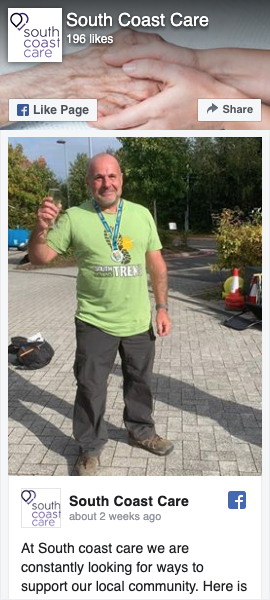
Parkinsons Care

Parkinsons Care

Parkinsons carers can support with personal care that is tailored to your needs.
What is Parkinsons?
Parkinson’s is a progressive neurological condition; this means that it causes problems in the brain and gets worse over time. The number of people diagnosed with Parkinson’s in the UK is about 145,000. But we know that more than 1 million people in the UK are affected, either by living with Parkinson’s, or as a friend, colleague, or family member of someone who is. Parkinson’s disease is caused by a loss of nerve cells in the part of the brain called the substantia nigra. Nerve cells in this part of the brain are responsible for producing a chemical called dopamine, Dopamine acts as a messenger between the parts of the brain and nervous system that help control and co-ordinate body movements. If these nerve cells die or become damaged, the amount of dopamine in the brain is reduced, this means the part of the brain controlling movement cannot work as well as normal causing movements to become slow and abnormal. The loss of nerve cells is a slow process, the symptoms of Parkinson’s disease usually only start to develop when around 80% of the nerve cells in the substantia nigra have been lost. Exactly what causes the loss of nerve cells is unclear, most experts think that a combination of genetic and environmental factors is responsible.
Symptoms of parkinsons
The 3 main symptoms of Parkinson’s disease are:
- Tremors (shaking) – involuntary shaking movements in a part of the body, such as the hands
- Slowness of movement – walking with short, shuffling steps or finding it takes longer to do things
- Rigidity (stiffness) – stiff and inflexible muscles, pain and muscle cramps and sometimes a fixed facial expression
A person with Parkinson’s disease can also experience a wide range of other physical and psychological symptoms. These include:
- Problems with seeing, or involuntary blinking
- Falls and dizziness
- Fatigue, pain, restless legs syndrome and sleep problems
- Bladder and bowel problems
- Freezing – where a person suddenly stops while walking or doing repetitive tasks
- Skin and sweating problems
- Speech, communication and swallowing problem
How we can help
It is thought around 1 in 500 people are affected by Parkinson’s disease. Most people with Parkinson’s start to develop symptoms when they are over 50, although around 1 in 20 people with the condition first experience symptoms when they are under 40. As the condition progresses, the symptoms of Parkinson’s disease can get worse and it can become increasingly difficult to carry out everyday activities without help. Our carers will be expertly trained to deal with Parkinsons to support our client with these everyday activities. We have several different calls we can provide from short regular visits to longer less frequent visits. In these visits we can offer anything from emotional and mobility support through to completing housekeeping tasks such as washing and cleaning. Our carers will support with personal care that is tailored to your needs creating a care plan that is responsive and can adapt as your needs change, supporting complex medication regimes as well as promoting independence and restoring confidence. We can also assist with fall prevention and management, and support with reduced mobility, working with you and your OT to ensure your environment is working with, not against you. People with Parkinson’s can experience some relief thanks to medication, physical therapy, and devices like walkers and canes. Our carers can easily work with any recommendations from doctors and other medical professionals on various goals provided in a treatment plan and beyond.
Older People
Physical Disabilities
Learning Disabilities
Hospital Discharge


Companionship

Domestic Care

Respite Care

Shopping

